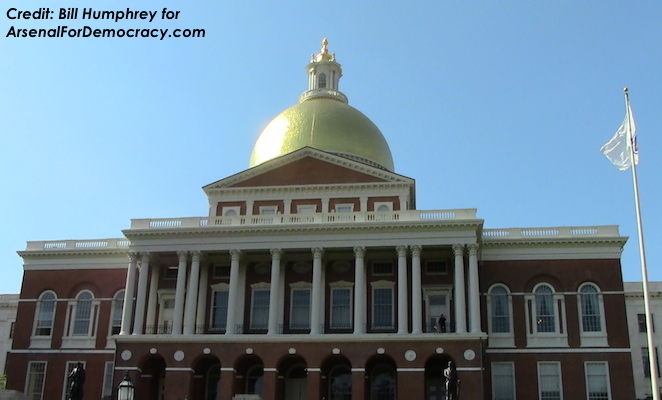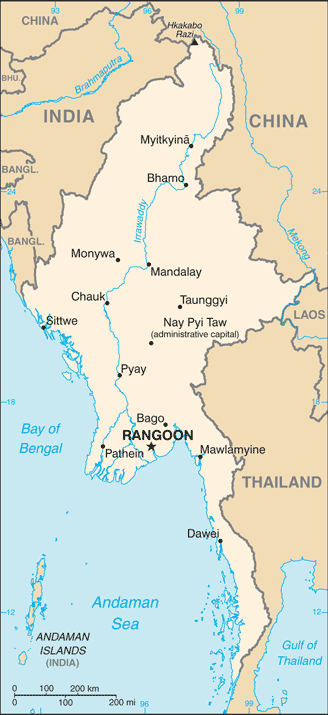I’m getting tired of people suggesting state and federal legislators should pass bills with morally reprehensible amendments and carveouts/omissions just to make it “easier.” These advocates have a critically flawed, short-termist view of governance that is ultimately more harmful than helpful.
Here’s a simple rule: Do it right or don’t do it at all.
What this means in practice: Don’t amend out special exceptions that undermine the moral integrity of the overall law. Examples: Don’t leave out trans people from your employment and accommodations non-discrimination bills. Don’t leave exceptions to your death penalty bans. Don’t create loopholes against reproductive freedom (e.g. Hyde). Stop passing bills with giant gaping holes in them just to help some people, when in doing so you’ll make it harder to go back for those you left behind.
This is not a case against compromise. This is a case for understanding how compromise should function at a systemic level. This is a case for making compromise work for you in the long-term, instead of the short-term at the expense of the longer view.
Incremental compromises, when needed, should move everyone forward, not just some. It is a massive political misunderstanding to think that it’s better to establish protections and programs for some people, instead of for all people. Making laws for everyone, without carve-outs, is both consistent with the principles of equality before the law as well as politically more sound, within both the voting public and among legislators themselves.
If it’s politically hard to pass reforms and protections for some people, it’s obviously going to be even harder to do it later for a smaller subset you left out. It is easier (and morally better) to pass laws that protect & help everyone, even if you have to wait, than to sell out some of our society so that others of us are helped.
This is the principle of true solidarity: We all sacrifice a little bit longer so that we’re stronger together and no one has to sacrifice/suffer alone for our advances.







 I’m always fascinated by the way language and available terminology shapes our worldview — literally causing us to view the world fundamentally differently from our fellow people if they grew up with a very different language. In international politics, these differences crop up from time to time in the news.
I’m always fascinated by the way language and available terminology shapes our worldview — literally causing us to view the world fundamentally differently from our fellow people if they grew up with a very different language. In international politics, these differences crop up from time to time in the news.